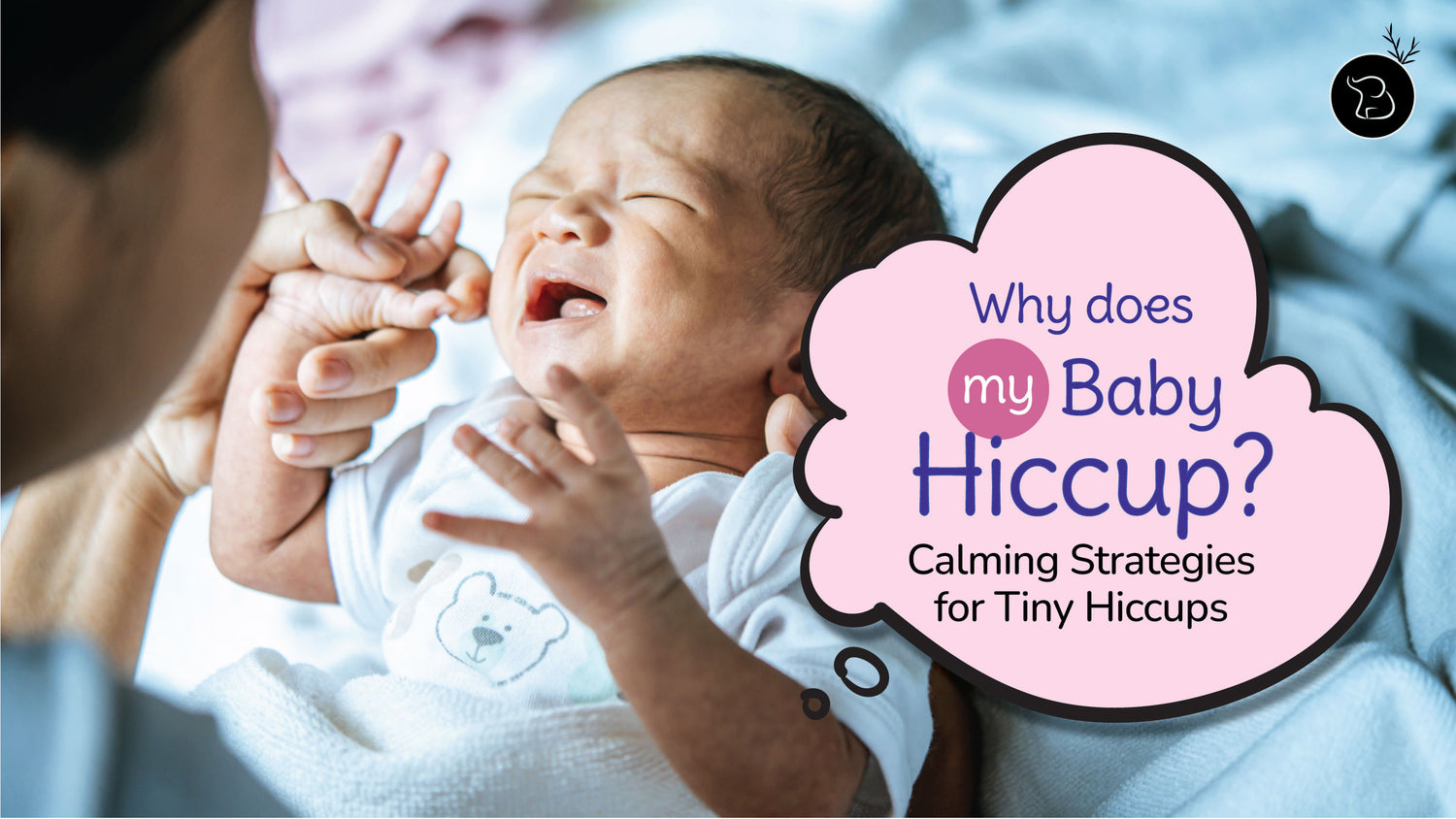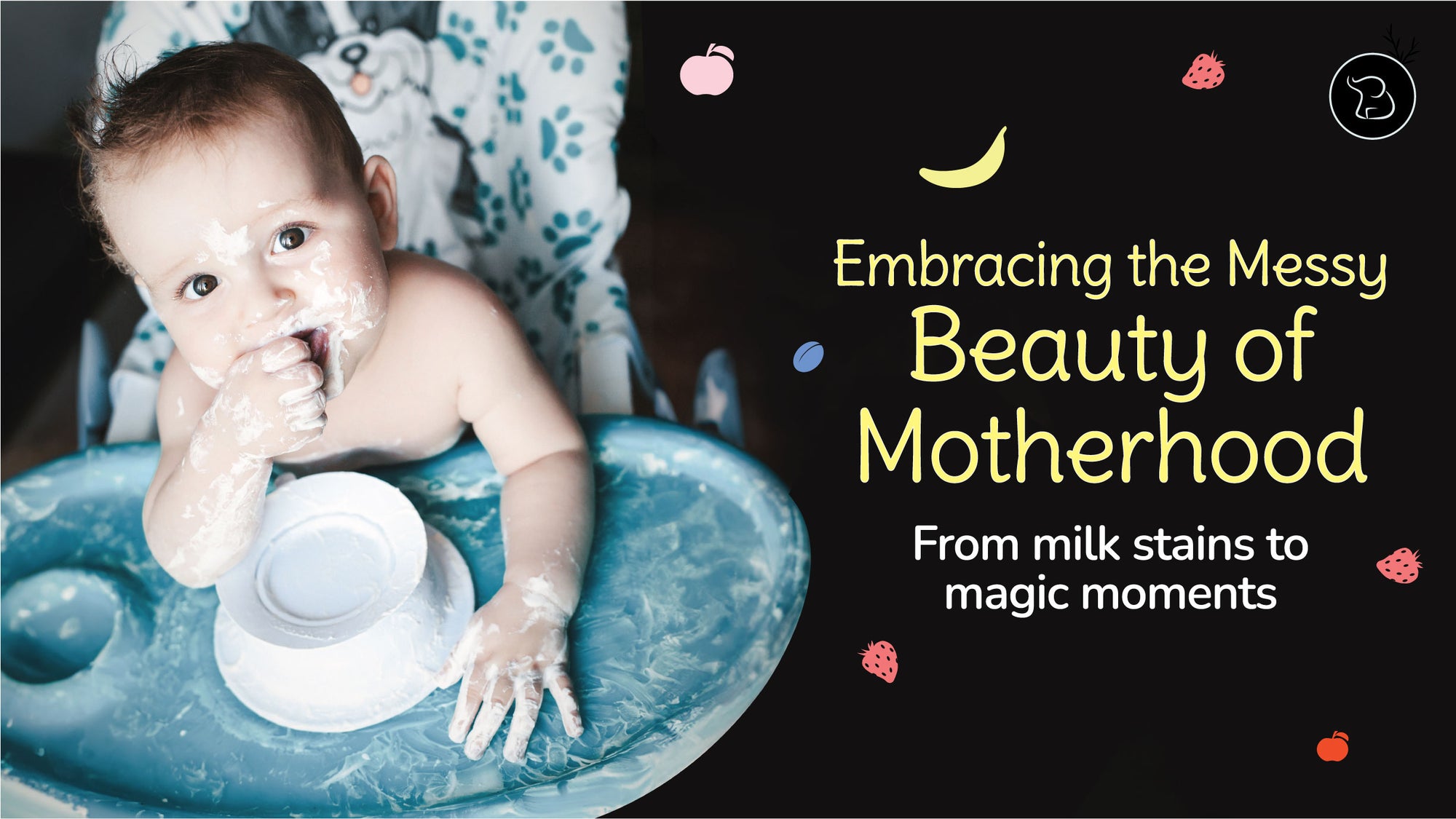Why Does My Baby Hiccup? Calming Strategies for Tiny Hiccups
The rhythmic "hic" sound emanating from your precious little one can be both endearing and concerning, especially when it seems relentless. But fear not, new parents! Hiccups, while occasionally persistent, are usually harmless and simply a part of your baby's development. Let's delve into the "why" behind the hiccups and explore calming strategies to soothe your little one.
Understanding the Hiccup Reflex:
Hiccups, technically known as singultus, occur when the diaphragm, the muscle separating your chest and abdomen, contracts involuntarily. This sudden contraction causes the vocal cords to close briefly, creating the characteristic "hic" sound.
What Triggers Hiccups in Babies?
While the exact cause of hiccups remains a bit of a mystery, several factors are commonly linked to them in babies:
- Immature Nervous System: Your baby's nervous system is still developing, and the communication between the brain and diaphragm can sometimes be erratic, leading to involuntary contractions.
- Swallowing Air: This can happen during feeding, especially if your baby gulps quickly or cries while nursing.
- Distended Stomach: Overfeeding or gas buildup can put pressure on the diaphragm, triggering hiccups.
- Sudden Temperature Changes: Moving from a warm bath to a cool room or vice versa can sometimes startle the diaphragm and cause hiccups.
Are Hiccups Harmful?
In most cases, hiccups are completely harmless and temporary. They usually resolve on their own within a few minutes. However, if your baby's hiccups are frequent, prolonged (lasting more than an hour), or accompanied by other symptoms like vomiting, difficulty breathing, or lethargy, it's best to consult your pediatrician.
Calming Strategies for Tiny Hiccups:
While you can't force hiccups to stop, here are some techniques to help soothe your baby and potentially shorten the duration:
- Feeding: If your baby seems hungry, offer a small amount of breastmilk or formula. Suckling can help regulate the diaphragm and calm the hiccups.
- Burping: If air swallowing is suspected, try gentle burping positions like sitting your baby upright on your lap and patting their back.
- Warm compress: A warm compress placed on your baby's tummy can relax the diaphragm and ease discomfort.
- Distraction: Engage your baby with songs, toys, or gentle rocking to divert their attention from the hiccups.
- Honey (not for babies under 1 year): While not recommended for newborns, a small amount of honey diluted in water (for babies over 1 year old) can sometimes soothe the throat and diaphragm, easing the hiccups. Remember, never give honey to babies under 1 year old due to the risk of botulism.
Remember: Every baby is different, and what works for one might not work for another. Be patient, experiment with different calming strategies, and most importantly, stay calm and reassuring for your little one.
Additional Tips:
- Avoid overfeeding your baby and ensure proper burping during feeding sessions.
- Dress your baby comfortably in loose-fitting clothes to avoid restricting the diaphragm.
- Maintain a comfortable room temperature to prevent sudden temperature changes.
If you have any concerns or questions about your baby's hiccups, always consult your pediatrician for personalized advice.
By understanding the causes and employing calming strategies, you can navigate those tiny hiccups with confidence and ensure your little one feels comfortable and content. Remember, this seemingly mysterious reflex is just another facet of your baby's fascinating development, and with a little patience and knowledge, you can easily ride out the "hic" storm!



